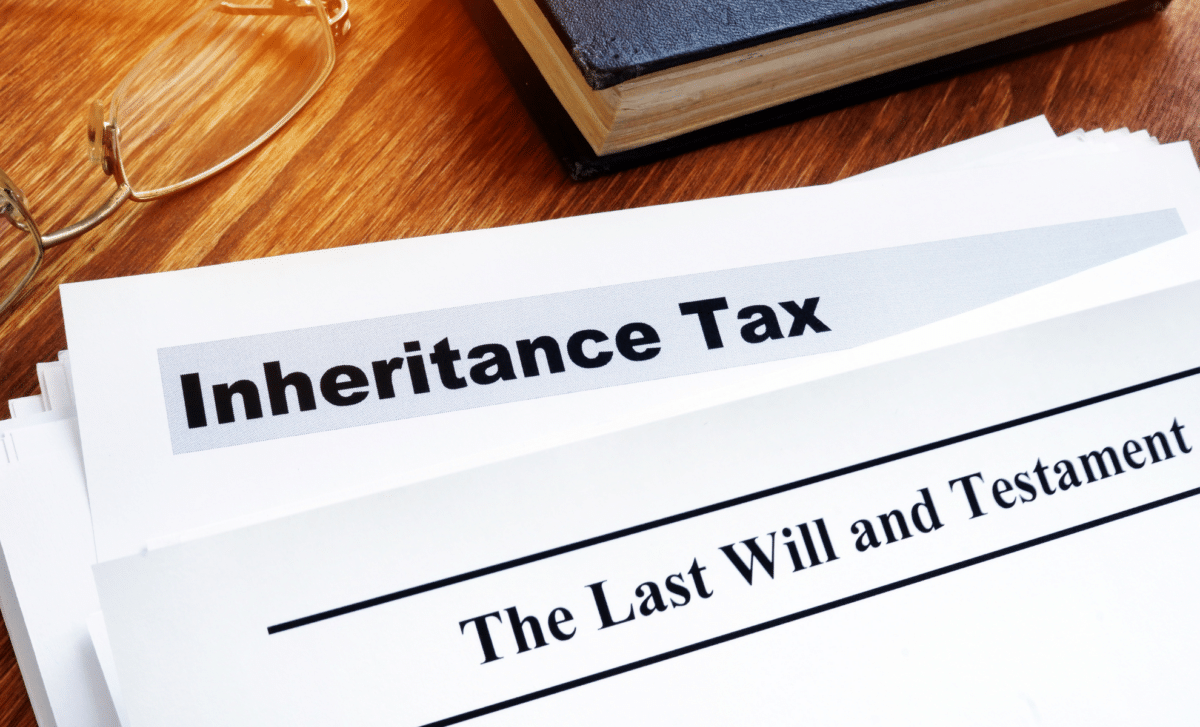The Treasury’s proposed changes to include pension funds in inheritance tax (IHT) calculations have sparked widespread criticism from industry experts, wealth managers, and legal professionals. The new policy, which aims to raise £1.5 billion annually for public finances, would require pension scheme administrators to calculate and pay IHT on pension funds before releasing the remaining benefits to beneficiaries. Critics warn that these changes could delay payments, impose additional financial burdens on bereaved families, and disproportionately impact lower-income households.
Complex Reporting and Payment Processes Raise Concerns
Under the proposed rules, pension funds would be included in the deceased’s estate for IHT purposes, a shift from the current system where most pensions are exempt. Steve Hitchiner, chair of the Society of Pension Professionals (SPP), emphasised the critical importance of addressing reporting and payment issues, stating:
“Issues relating to the reporting and payment of inheritance tax on pensions [are] vitally important.”
Hitchiner highlighted the risks of implementing such a complex system, adding:
“The current proposals will result in numerous problems and challenges which could be largely avoided.”
The SPP has also criticised the government’s plans for imposing “unrealistic and impractical timescales”, which could lead to significant delays in paying out death benefits. Pension scheme administrators, already burdened with compliance responsibilities, are expected to face additional penalties and interest charges for delays “over which they have little or no control.”
Impact on Bereaved Families
The proposed changes could severely disrupt the financial stability of grieving families, who often rely on quickly accessing inherited pensions to cover urgent expenses such as probate costs and funeral fees. Chief executives from major UK wealth management firms, including Interactive Investor, Quilter, and AJ Bell, expressed their concerns directly to the government.
In a letter addressed to Shadow Chancellor Rachel Reeves and seen by the Financial Times, the executives warned:
“The complexity of the proposed approach, namely bringing all pensions into estates for IHT, will lead to substantial delays paying money to beneficiaries on death and cause distress for bereaved families.”
Currently, pension scheme rules allow for faster payments to beneficiaries, offering critical financial support during difficult times. Experts fear that imposing new IHT processes could undermine this efficiency, creating additional hardship for families when they are most vulnerable.
Disproportionate Impact on Lower-Income Households
One of the most significant criticisms of the proposed changes is their potential to disproportionately affect lower-income families and individuals with fewer financial resources. Anna Rogers, a senior partner at Arc Pensions Law, warned about the inequitable outcomes of the new process:
“The [new] process is complicated, and it will punish lower earners. Wealthy people don’t need the money quickly . . . it seems the harm will be disproportionately [felt by] those who aren’t wealthy and those who die young.”
Rogers’ concerns echo broader fears that the complexity and cost of implementing the new rules will fall hardest on those least able to navigate the system. Wealthier individuals, who may not rely on immediate pension payouts, are less likely to experience the financial strain caused by delays or additional administrative requirements.
Timing Conflicts and Asset Sales
Another issue raised by legal experts is the potential for conflicts between the timing of IHT payments and the practicalities of accessing funds or selling assets. Jeremy Harris, a partner at Fieldfisher, pointed out that pension scheme rules typically allow up to two years to pay death benefits. This timeline may not align with the government’s expectations for IHT payments, creating further complications.
Harris explained:
“There may be a need to sell assets to pay the tax, but there might be cases of people not being able to pay, for example if a property needs to be sold.”
Such scenarios could leave families in financial limbo, unable to access the funds they need while dealing with the added burden of navigating a more complicated tax system.
Calls for a Simpler Approach
Industry leaders and trade associations are urging the government to collaborate with the pensions industry to develop a more practical and streamlined approach to IHT on pensions. The executives’ letter to Reeves called for meaningful dialogue.
Proposed alternatives include:
- Allowing personal representatives or HMRC to handle IHT calculations rather than pension scheme administrators.
- Implementing a flat tax rate on pension benefits to reduce complexity and delays.
- Maintaining exemptions for certain types of pensions, such as workplace schemes or inherited pensions used for essential expenses.
These suggestions aim to balance the government’s revenue-raising objectives with the need to protect families from unnecessary distress and financial strain.
The Road Ahead
As discussions around the proposed changes continue, industry professionals are closely monitoring the Treasury’s next steps. While the government maintains that these reforms are necessary to prevent pensions from becoming tax-free inheritance vehicles, critics argue that the plans risk creating more problems than they solve.
By addressing the concerns raised by wealth managers, legal experts, and trade associations, the government has an opportunity to refine its approach and ensure a fairer, more efficient system for all stakeholders. In the meantime, pension savers and their families are encouraged to seek professional advice to prepare for potential changes in how pensions are taxed upon inheritance.









